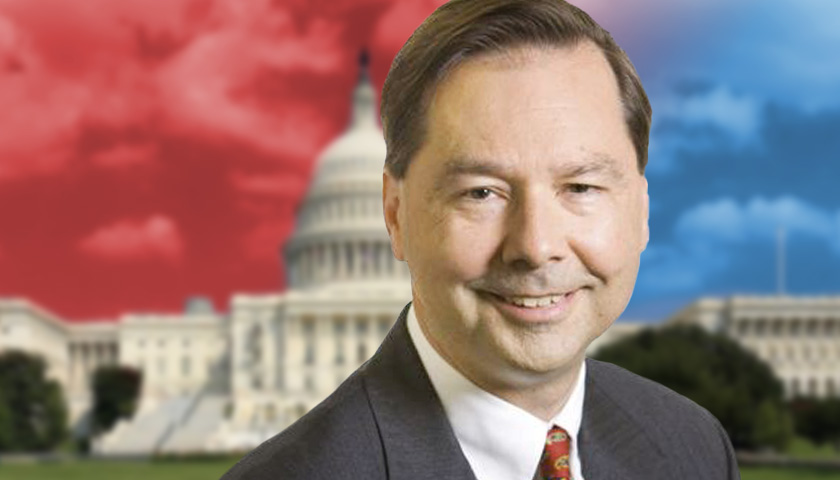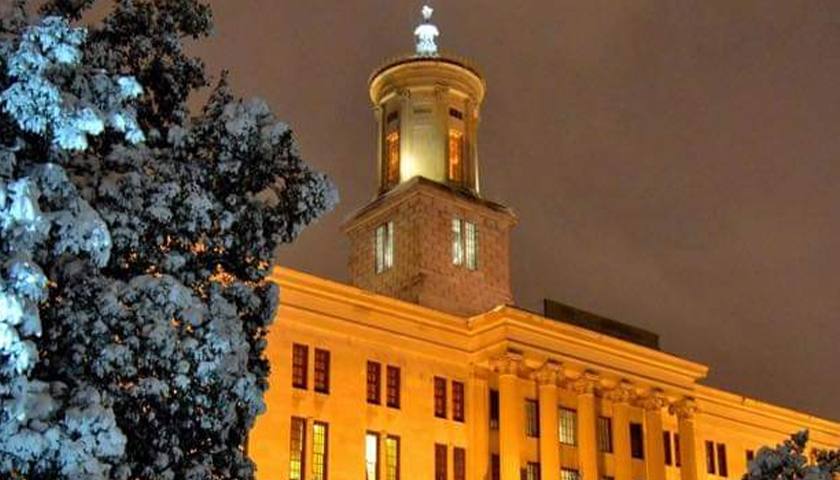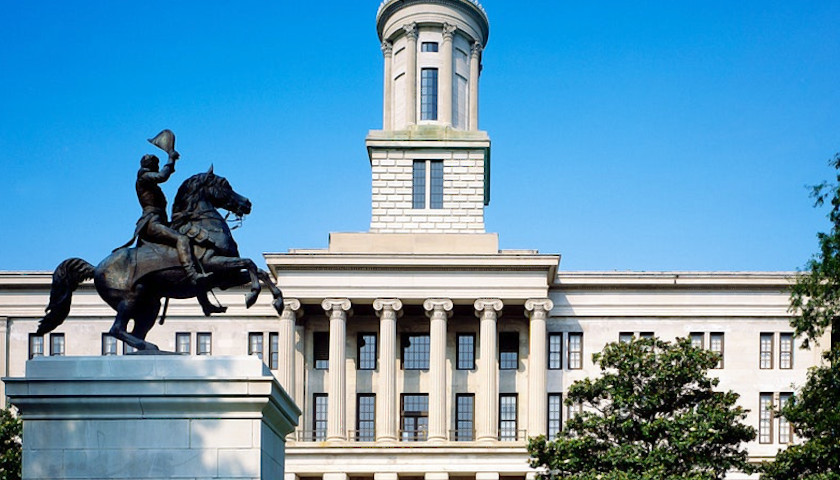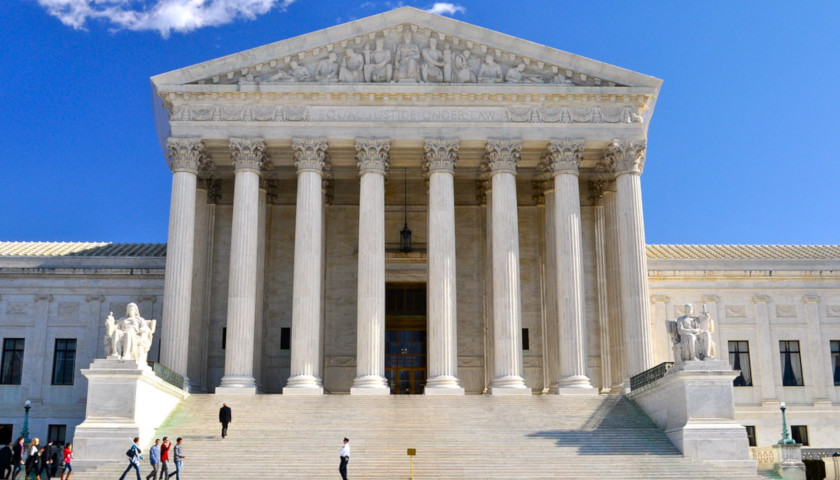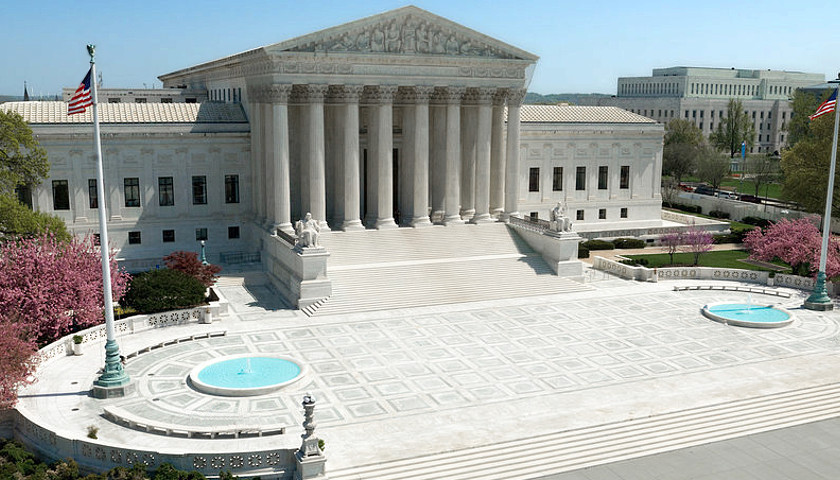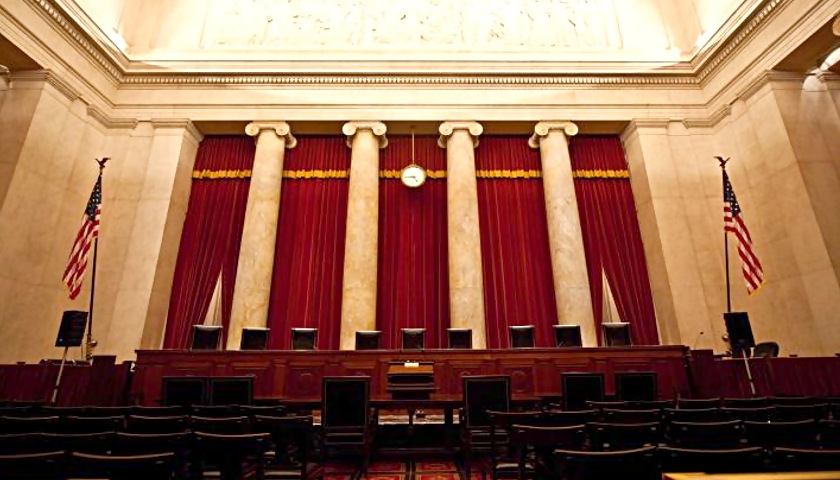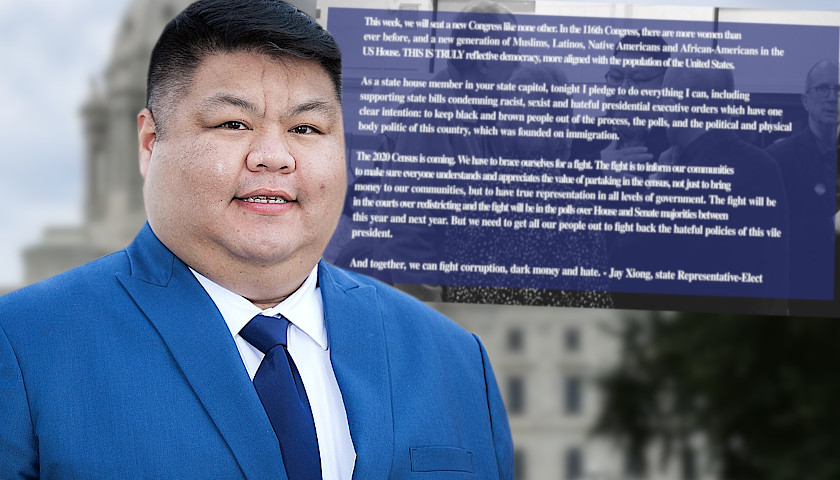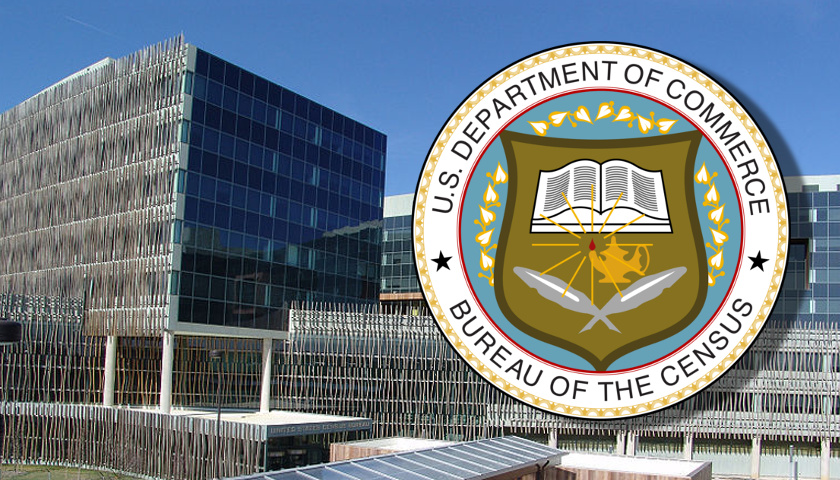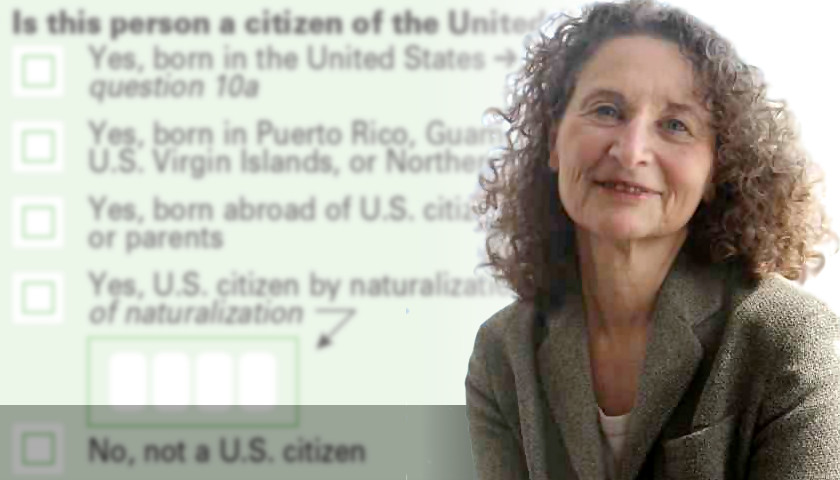After the 2020 summer of riots, the U.S. Navy’s Chief of Naval Operations stood up Task Force One Navy (TF1N) on July 1, 2020. After a six-month effort, the final 142-page report was submitted on January 28, 2021 Its two operating assumptions are, first, that the Navy, as an institution, is systemically racist, and, second, that “Mission readiness is stronger when diverse strengths are used and differing perspectives are applied.” Notwithstanding several key military principles—such as unit cohesion, strict discipline across the chain of command, and, well, uniforms—the Navy is now ideologically committed to the mantra that “diversity is strength.”
Not surprisingly, considering the key entering assumptions, the task force report identified problems with Navy systems, climate, and culture; and submitted almost 60 recommendations aligned with four lines of inquiry: Recruiting, Talent Management/Retention, Professional Development, and Innovation and STEM (as well as a fifth line for miscellaneous recommendations).
One should be skeptical, however, about the entire exercise and the recommendations that flow from it. It inaccurately depicts the proud institution of the United States Navy as systemically racist—a slander that has more potential to undermine morale, good order, discipline, and military effectiveness than any geostrategic adversary.
Read the full story







